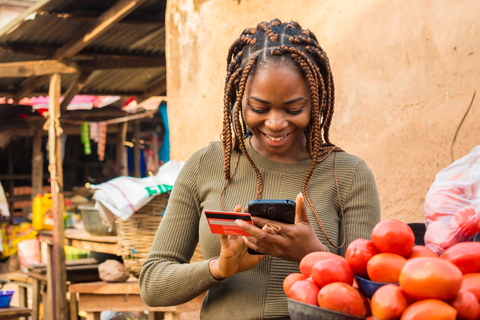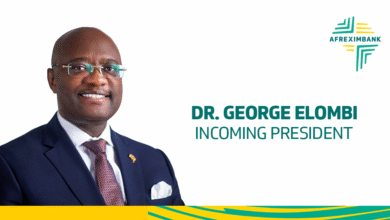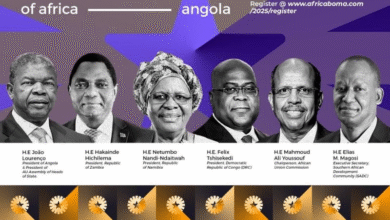Digital Payments : a promising future of 1.5 trillion dollars by 2030
Africa is preparing for a major digital revolution with the rise of digital payments, a sector that is expected to reach 1.5 trillion dollars by 2030. A report commissioned by Mastercard and conducted by Genesis Analytics highlights the continent's enormous potential while emphasizing the investments and strategic initiatives that will drive this transformation. Here’s an analysis.

Africa is undergoing a digital transformation that is reshaping its economic landscape, with particular focus on the digital payments sector. According to a recent report commissioned by Mastercard and conducted by Genesis Analytics, Africa’s digital payments economy could reach an impressive amount of 1.5 trillion dollars by 2030. This projection underscores the growing momentum of digital technology adoption and the impact of investments in this sector. Mastercard, a long-time technology partner of Africa, plays a critical role in this evolution by enhancing digital connectivity and promoting financial inclusion through strategic investments and public-private partnerships.
Africa is set to host nine of the 20 fastest growing economies in the world

The report highlights the importance of collaboration between various sector players to drive digital payment adoption and support the economic development of businesses and individuals. Mark Elliott, President of Mastercard for Africa, emphasizes the significance of this commitment: « Mastercard has been collaborating with governments, businesses, and African communities for over five decades to promote financial inclusion and economic development. Africa is set to host nine of the 20 fastest growing economies in the world. We are focused on leveraging our expertise and technologies to support the continent’s ongoing digital transformation. »
One of the main drivers of digital development in Africa lies in two key factors: the rapid growth of internet penetration and the continued expansion of financial inclusion. The report forecasts an annual increase of 20% in internet penetration, while financial inclusion is expected to grow at a rate of 6% per year. This trend is a clear indication of the widespread shift towards digital transactions, as businesses and consumers increasingly adopt contactless payment solutions, which foster greater financial accessibility and higher participation in the digital economy.
For Mastercard, this digital transition presents an opportunity to strengthen its long-term commitment to Africa, particularly through investments in key sectors. The report indicates that Mastercard is focusing its efforts on three main areas to accelerate digital adoption and promote financial inclusion. The first area is the empowerment of micro, small, and medium-sized enterprises (MSMEs), which represent over 50% of Africa’s GDP. Mastercard is offering tailored digital solutions to these businesses to foster their growth and inclusion in the digital economy. These efforts are part of the Mobilizing Access to the Digital Economy (MADE) Alliance, in partnership with the African Development Bank, aimed at providing digital access to 100 million people and businesses by 2030. Mastercard’s goal is also to register 15 million users on its Community Pass platform in Africa over the next five years.
Africa is brimming with immense possibilities, and its people have the potential to shape the global economy in the decades to come
Another priority area for Mastercard is the empowerment of the fintech sector, which plays a major role in financial innovation in Africa. The company works with banks, telecom operators, and other service providers to support the expansion of fintechs into new markets and strengthen digital infrastructure to support their growth. This collaboration with local and international players aims to accelerate consumers’ access to digital financial services while enhancing payment solutions in an inclusive way.
Finally, the report underscores the importance of cross-border payments and remittances in the context of Africa’s economic integration. Mastercard has recently entered into partnerships with financial institutions such as Access Bank and Equity Bank to make cross-border payments simpler, more accessible, and more convenient. These initiatives facilitate money transfers between countries, contributing to smoother economic transactions and better financial inclusion in African regions.
Dimitrios Dosis, President of Mastercard for Eastern Europe, the Middle East, and Africa, highlights the importance of these partnerships for Africa’s future: « Africa is brimming with immense possibilities, and its people have the potential to shape the global economy in the decades to come. Mastercard remains deeply committed to supporting the continent’s digital transformation, working closely with entrepreneurs, merchants, banks, start-ups, telecom operators, and governments. »
This digital transformation, with a digital payments economy estimated at 1.5 trillion dollars by 2030, is a clear sign of Africa’s immense potential in the financial technology space. A future in which Mastercard aims to play a key role.







